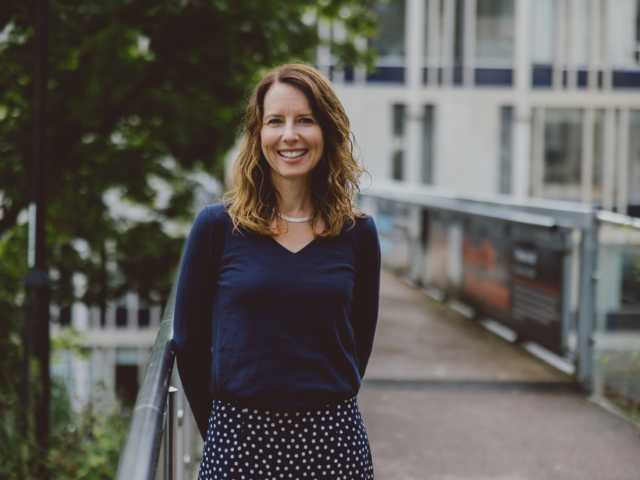The Innovation Panel (IP) is run alongside the main Understanding Society study. It is a separate survey, designed for experimental and methodological research with the aim of improving longitudinal studies. The design, content and data collection procedures are similar to the main Understanding Society survey.
The IP has multiple experimental studies in which individuals, households, interviewers or areas are randomly assigned to a particular survey instrument or procedure. Some experiments are carried out over several waves of the IP, others are concluded in just one wave.
The IP dataset is available for researchers to download, just as the main Understanding Society data is. The dataset is of interest to researchers working on survey methods but can also be used for non-experimental purposes. For example, researchers might use measures incorporated in the Innovation Panel that are not in the main Understanding Society.
The IP User Guide gives full information about what is included in each wave.
Waves 14 and 15
Waves 14 and 15 are now to download. These two waves contained experiments on:
- Respondent incentives to increase participation – this experiment has been running throughout all waves of the IP.
- Consent to survey questions via text message.
- Asking for partner contact details for couples that live in different households.
- Asking for co-parent contact details when parents live in different households.
- Consent for linkage to LinkedIn and to Twitter data.
- Body volume and body measurements, collected using an online app.
- Identifying the best questions to ask to capture information on informal care givers.
- Questions on alcohol consumption, comparing whether asking about ‘drinks’ or ‘units’ alters response.
- Questions on national identity, to see whether affective priming or question order are associated with a change in identity choice and meaning.
Download the Innovation Panel Waves 1-15 (Lower Layer Super Output Areas)
Download the Innovation Panel Waves 1-15 (Middle Layer Super Output Areas)
Survey methodology



